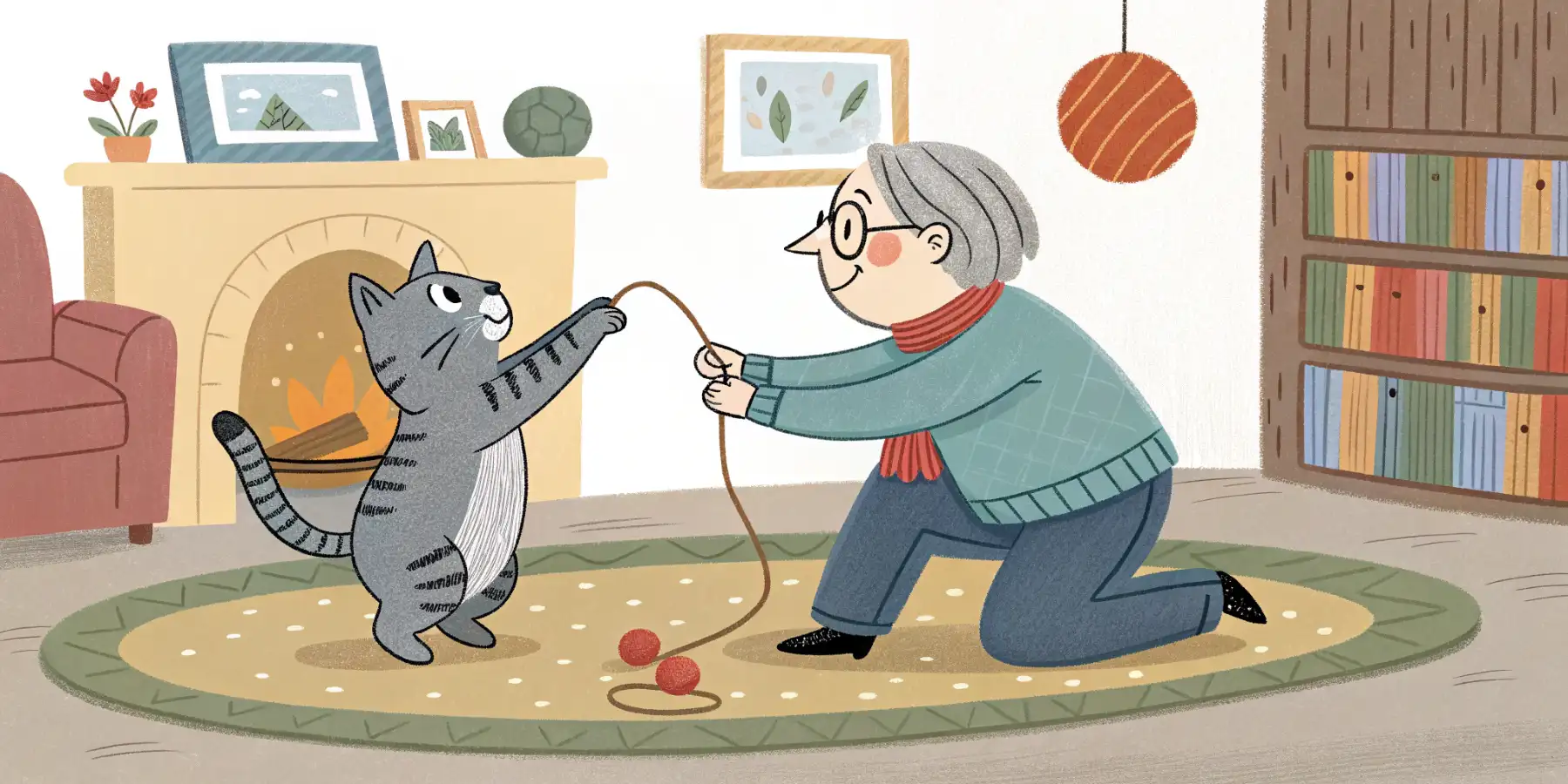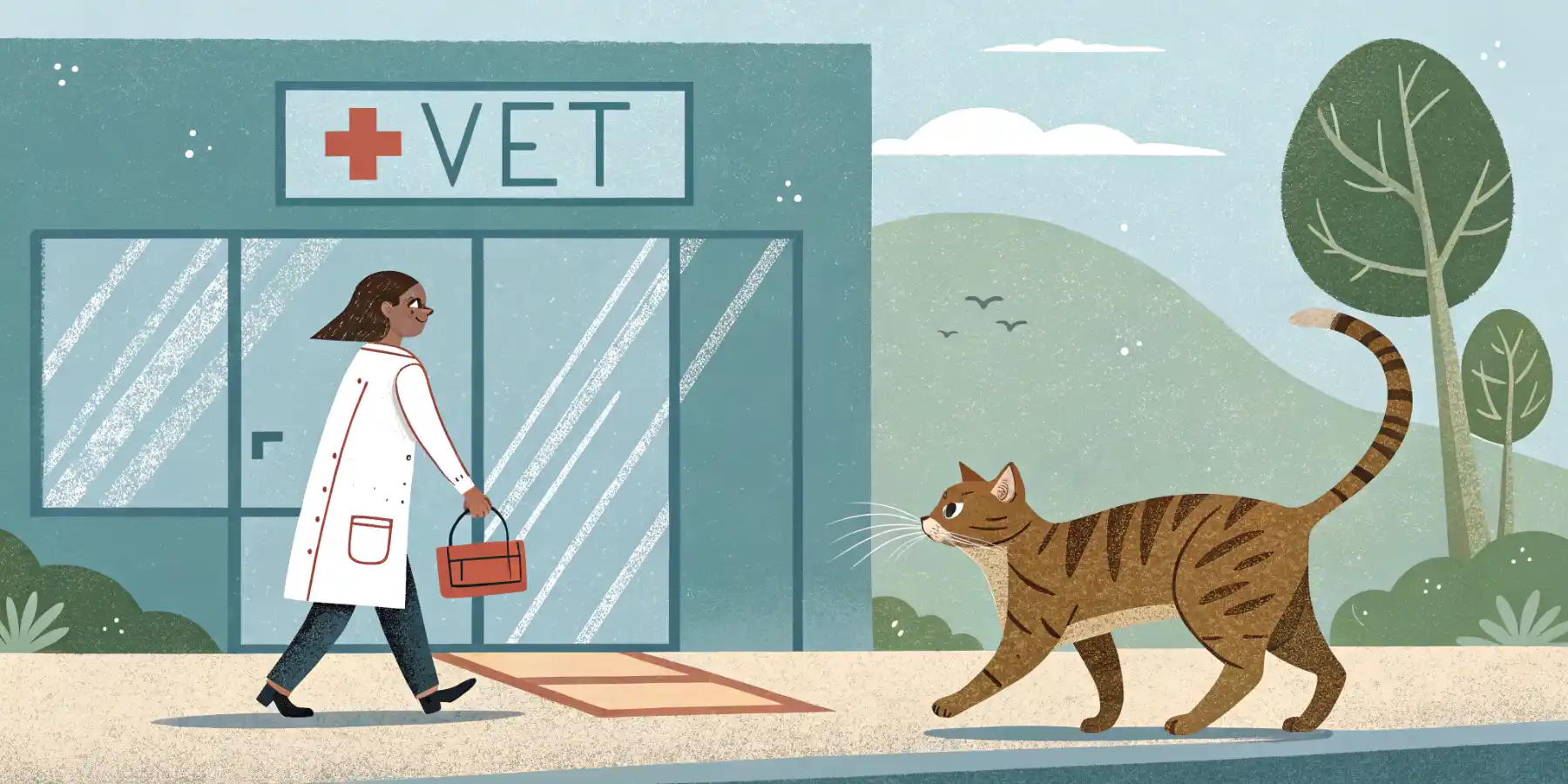
Cat Care: Why Annual Vet Visits Matter
Is your cat healthy? Annual vet visits for cats catch hidden issues early! Learn why preventative care is vital. #catcare #vet
Annual Vet Visits for Cats: The Importance of Preventative Care
As a cat owner, you want to provide the best possible life for your feline companion. Regular vet visits are a crucial part of that, and while cats might seem independent and self-sufficient, they actually benefit enormously from annual preventative care. In fact, skipping annual vet visits for cats can lead to unforeseen health problems down the road. So, let’s dive into why these check-ups are so vital and what you can expect.
Why Annual Check-Ups are Essential for Cats
Cats are masters of disguise. They’re experts at hiding pain and illness, often not showing obvious signs until a condition is quite advanced. This is why annual veterinary exams are so important. They provide a chance for your vet to detect subtle changes that might indicate an underlying health issue before it becomes a serious problem.
Think of it this way: you get an annual physical, right? It’s the same principle for your cat. A yearly check-up allows your vet to assess your cat’s overall health, identify potential problems early, and provide timely treatment.

A veterinarian conducting a routine physical exam on a calm and relaxed cat.
What to Expect During a Routine Veterinary Exam
During an annual wellness exam, your veterinarian will typically perform a thorough physical examination, which includes:
-
Weight and Body Condition Assessment: Your vet will check your cat’s weight and body condition score to determine if they are at a healthy weight. Obesity and being underweight can both be signs of underlying health problems. In my experience, many cats are actually overweight, so it’s important to address this proactively.
-
Examination of Eyes, Ears, Nose, and Throat: Looking for signs of infection, inflammation, or other abnormalities.
-
Dental Evaluation: Dental disease is incredibly common in cats, and early detection is key to preventing serious complications. Your vet will check for tartar buildup, gingivitis, and other dental issues. Proper feline dental care at home is also important!
-
Palpation of Abdomen: Checking for any masses, organ enlargement, or pain.
-
Auscultation of Heart and Lungs: Listening for heart murmurs, abnormal lung sounds, or other respiratory issues.
-
Coat and Skin Examination: Looking for fleas, ticks, skin lesions, or other dermatological problems.
-
Vaccinations and Parasite Prevention: Your vet will administer necessary vaccinations based on your cat’s lifestyle and risk factors, and recommend appropriate parasite prevention products. Feline vaccinations schedule varies depending on your geographic location and the vaccine brand.
-
Discussion of Diet and Behavior: This is your opportunity to discuss any concerns you have about your cat’s diet, behavior, or overall well-being.
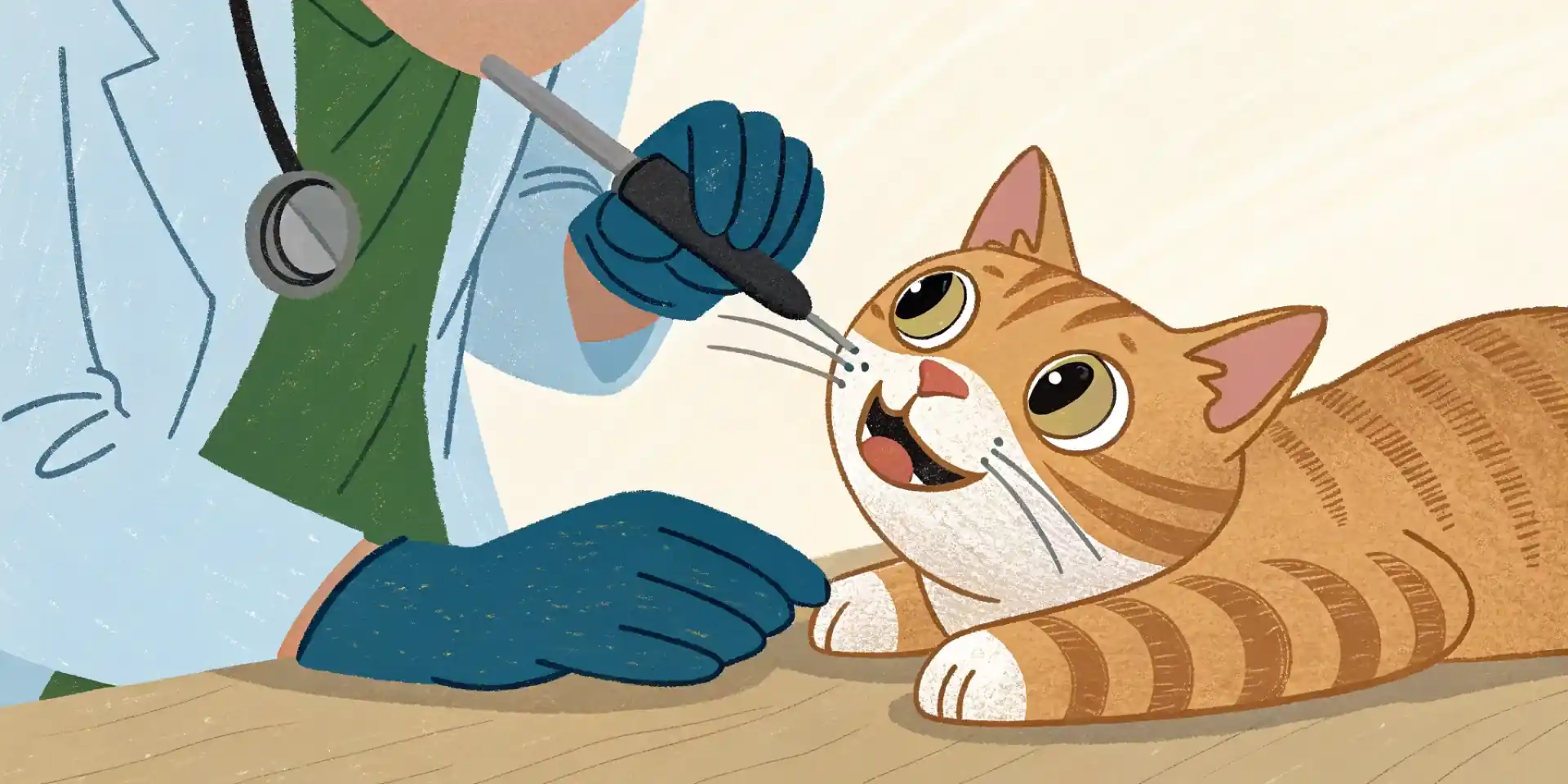
A veterinarian carefully examining a cat’s teeth during a dental checkup.
The Importance of Early Detection
Early detection of health problems can significantly improve your cat’s prognosis and quality of life. For example:
-
Kidney disease: This is a common problem in older cats. Early detection through blood work can allow for dietary changes and other interventions to slow the progression of the disease.
-
Hyperthyroidism: Another common condition in senior cats. Early diagnosis and treatment can prevent serious complications such as heart disease.
-
Diabetes: Early detection and management can help control blood sugar levels and prevent long-term complications.
-
Cancer: While cancer is always a scary word, early detection can improve the chances of successful treatment.
I believe that proactive care is always better (and often less expensive) than reactive care.
Feline-Specific Considerations
Cats are unique creatures, and their healthcare needs differ from those of dogs. Some feline-specific considerations include:
-
Stress-Free Vet Visits: Cats can be easily stressed by vet visits. Talk to your vet about strategies to minimize stress, such as using a pheromone spray in the carrier or bringing your cat in a carrier that they are already comfortable with. Many clinics are becoming cat friendly vet clinics to reduce anxiety.
-
Feline Leukemia Virus (FeLV) and Feline Immunodeficiency Virus (FIV) Testing: These viruses can have a significant impact on a cat’s health and lifespan. Testing is especially important for kittens and cats who go outdoors.
-
Age-Related Changes: As cats age, they become more susceptible to certain health problems. Senior cat wellness exams may include additional screening tests to detect age-related diseases early.
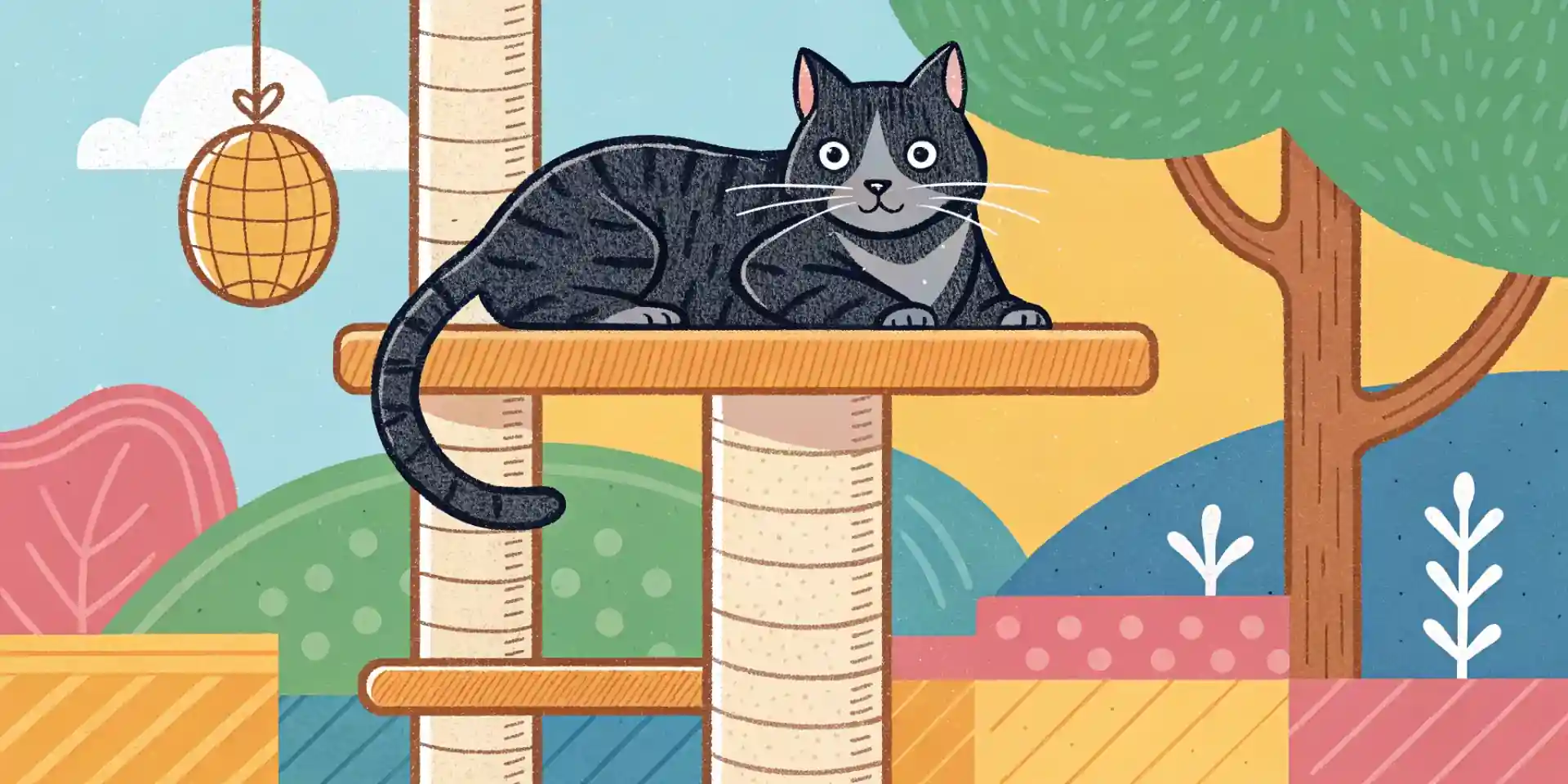
A contented senior cat enjoying a comfortable perch on a cat tree.
Investing in Your Cat’s Health
Annual vet visits for cats are an investment in their health and well-being. While the cost may seem like an expense, it’s important to remember that preventative care can save you money in the long run by preventing costly treatments for advanced diseases. So, schedule that appointment today! Your feline friend will thank you for it (even if they don’t show it!).
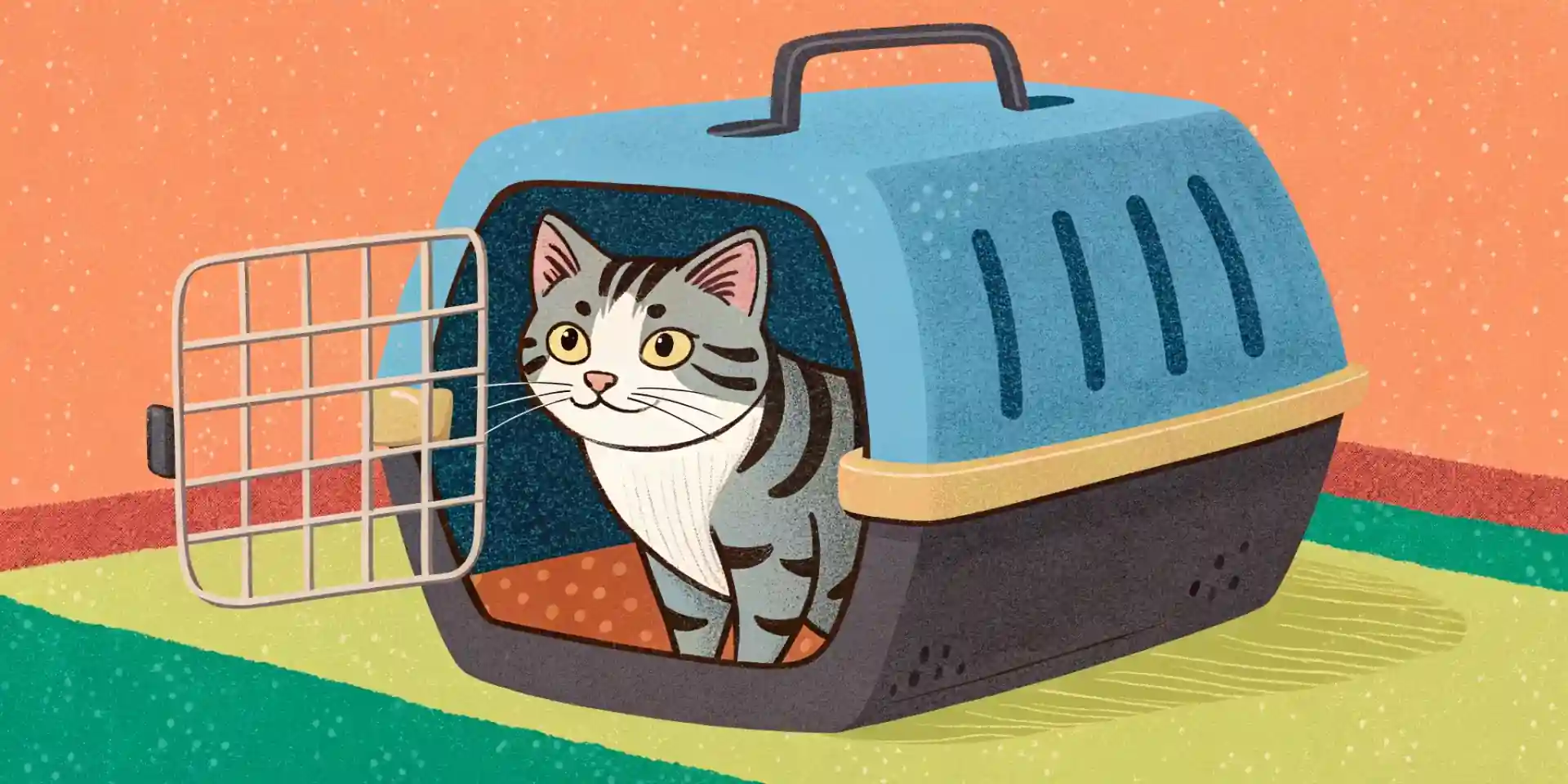
A cat calmly resting in a comfortable carrier, ready for transport to the veterinary clinic.

